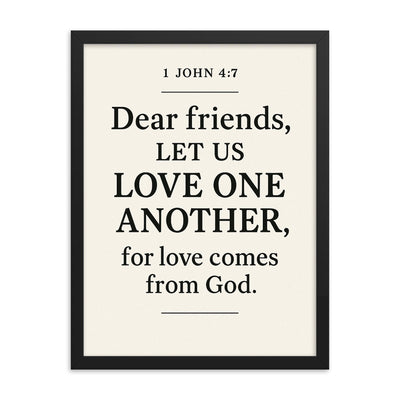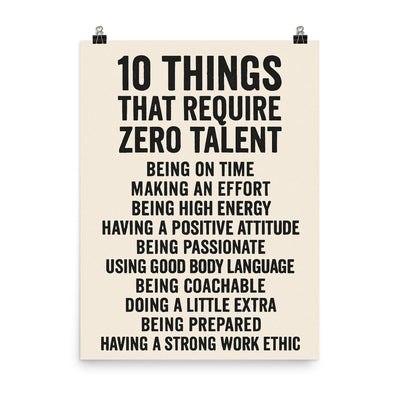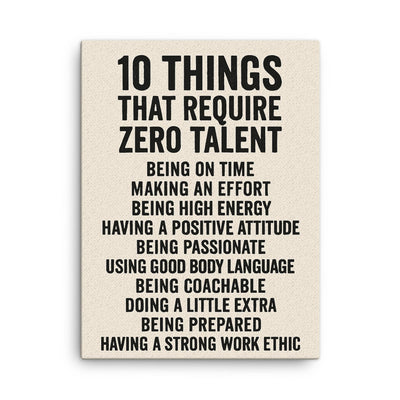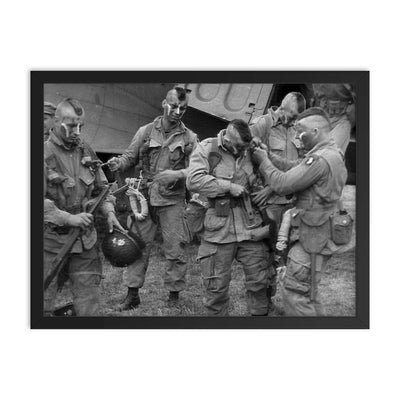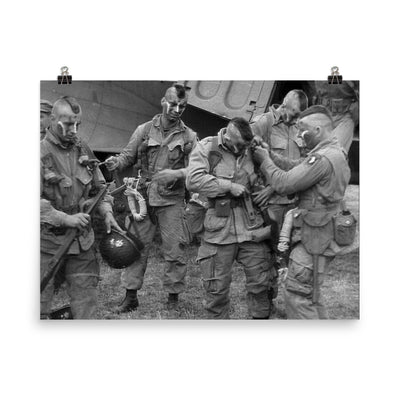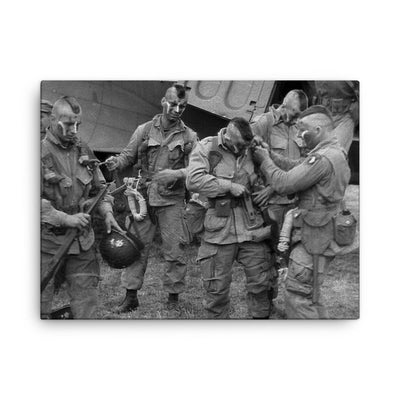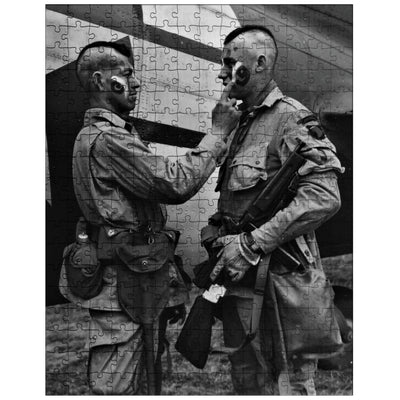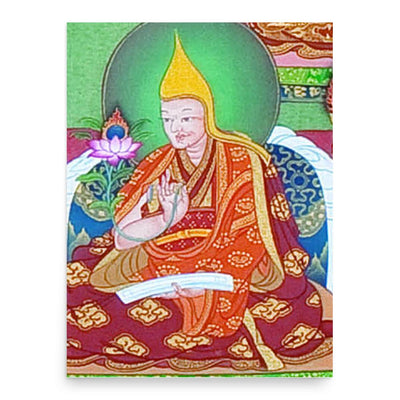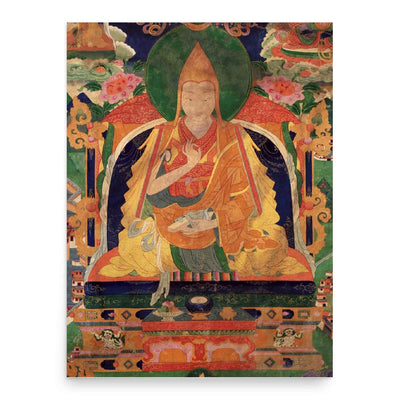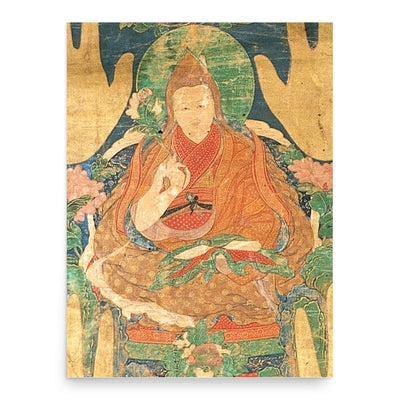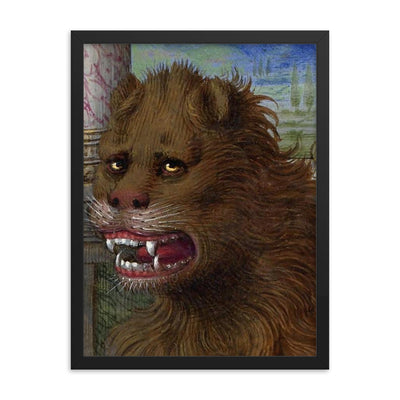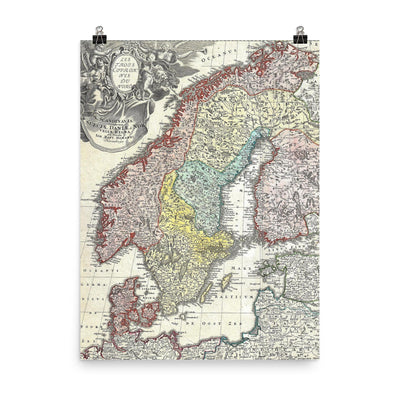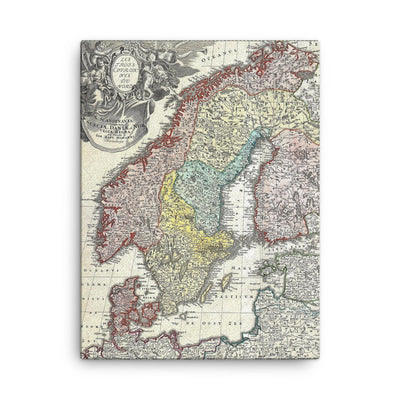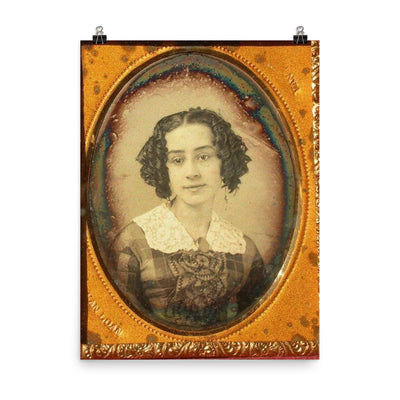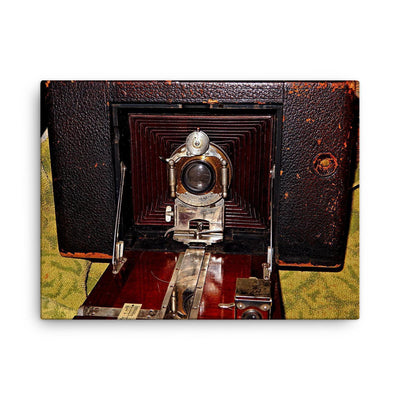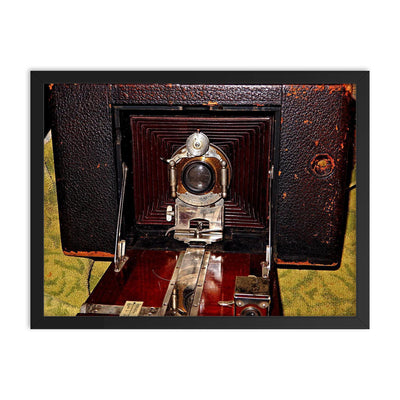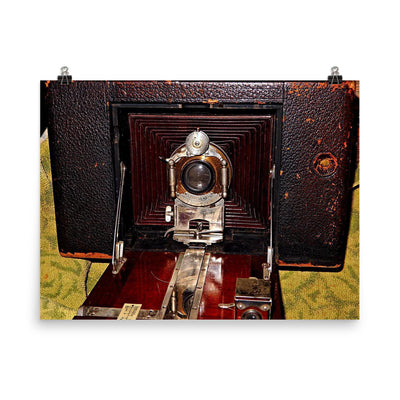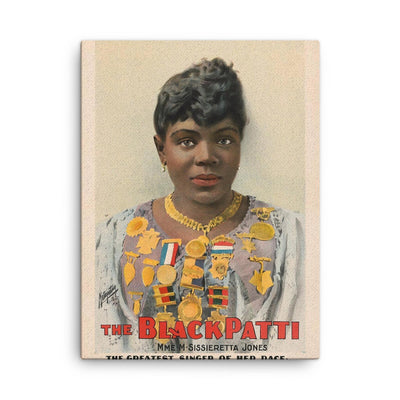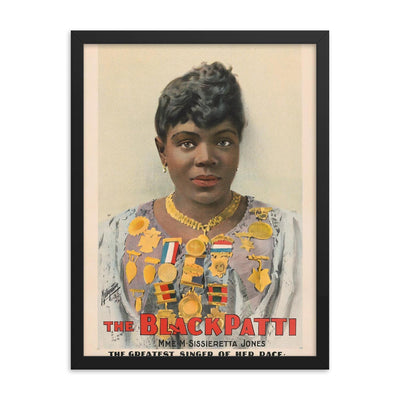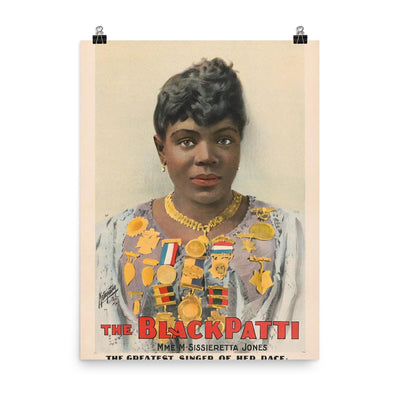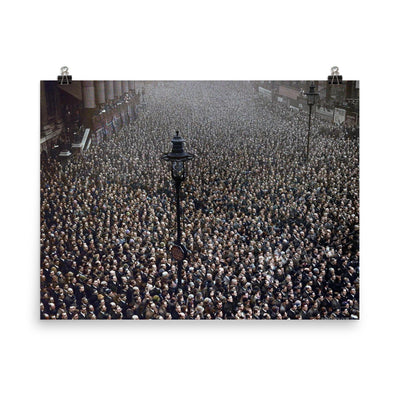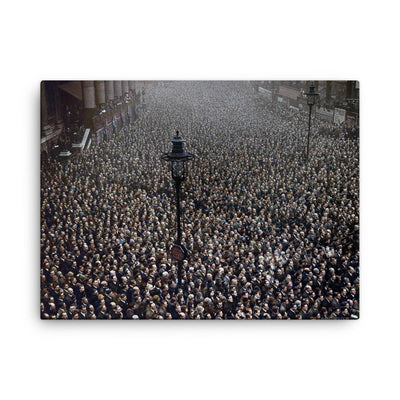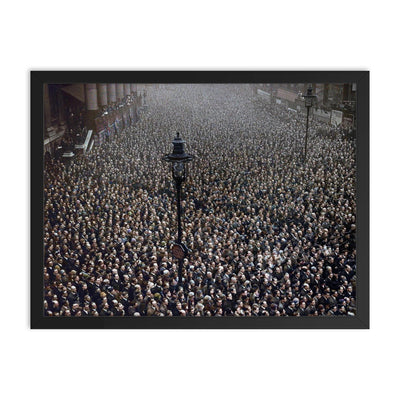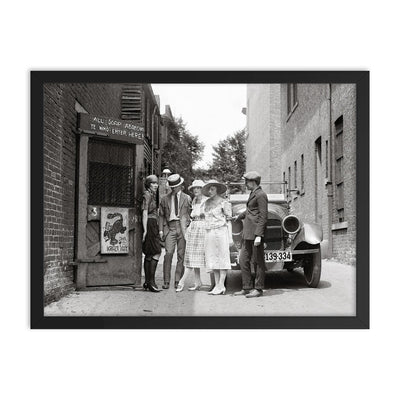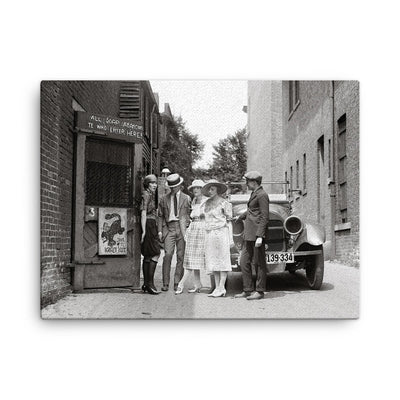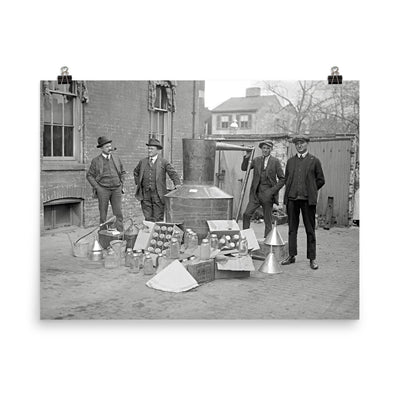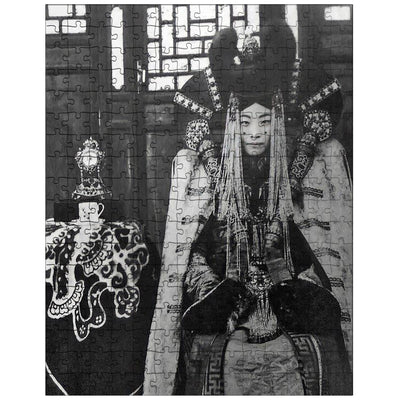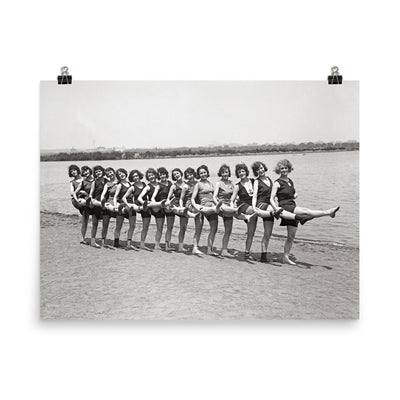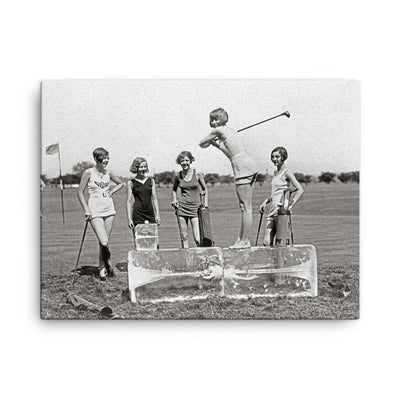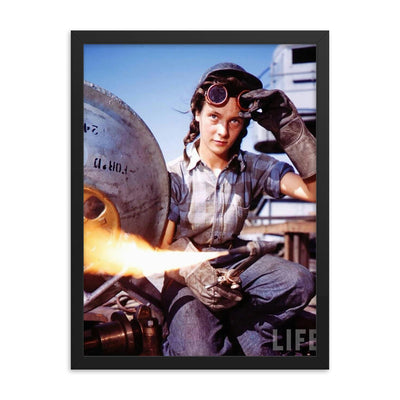Mustafa Kemal Atatürk (also known as Mustafa Kemal Pasha) was the founder and first president of the Republic of Turkey.
By far the most influential figure in Turkish history, his legacy continues to shape the country to this day.
Atatürk's sweeping social and political reforms transformed Turkey into a modern, secular, and democratic nation after centuries of Ottoman rule.

This imposing legacy begs the obvious question: How did the great man do it?
To kick off this whirlwind tour of the life and times of Turkey's illustrious founder, we begin at the only logical place... the beginning.
Atatürk's early life
Atatürk was born in 1881 near the city of Salonika (now Thessaloniki, Greece).
His father was a minor official in the Ottoman Empire and his mother was of Albanian descent.
During his childhood, Atatürk lived in the cosmopolitan atmosphere of Salonika where he was exposed to a variety of cultures and languages. And one wonders if this cosmopolitan upbringing presaged his later skill at leading a diverse group of populations.
He attended a French school during his primary education, which instilled in him a lifelong love of France.
In 1897, at the age of 16, Atatürk enrolled at the Military Academy in Istanbul.
Upon graduating four years later, he received an commission in the Ottoman Army. And here we find the real beginning of the story that gave birth to modern-day Turkey, as Atatürk started to make himself known in the military.
Atatürk's military career
Atatürk quickly proved his worth after his enrolment in the military.
He rose quickly through the ranks of the Ottoman Army, serving with distinction in various campaigns against rebel groups throughout Turkey and Europe.
He fought in World War I, and played a leading role in securing Turkish independence from the Ottoman Empire.
But it was his role in securing the Ottoman Turkish victory at Gallipoli during World War I that made Atatürk famous.
His status as a military tactician now beyond dispute, the intrepid statesman moved on to the undertaking that would make him a household name.
How Atatürk founded Turkey
Post-Ottoman Empire, Atatürk led the Turkish National Movement, which opposed partitioning Turkey among Allied powers.
His leadership of the movement made him a revered figure in the struggle for freedom and dignity, who led his people from oppressive rule.
This he followed by setting up a provisional government in Ankara—Turkey's modern-day capital—and fighting off Allied forces to preserve the nation's sovereignty.
Thereafter immortalised in Turkish history as the "War of Independence", the chain of events prefigured a complete reform of the nation.
It was at this point that Atatürk officially consolidated the country's new status as the Turkish Republic that still stands strong today.
Atatürk as President of Turkey
Under Atatürk's leadership, Turkey was transformed from an agricultural society into a modern industrial state.
He initiated sweeping reforms in education and healthcare that would open up thousands of new schools for children all over his country.
This included making primary tuition free, and ensuring every student had access in some form or another—whether it be through private lessons or government-run classes.
The reforms, and many others among them, spoke to a deep-set care for the wellbeing of his countryfolk.
While Atatürk passed away in 1938, the best part of a century ago, the benevolence and nobility of his spirit can still be felt in the DNA of the country today.
Atatürk's legacy today
The manifold myths and legends about Atatürk's life converge to paint a unified picture: An exceptional man who did exceptional things.
A man remembered not so much for founding the Republic of Turkey as for leading its transition into a modern, democratic country.
His enduring legacy is one that should be celebrated by all—Turkish and otherwise.
Such was the inspiration behind our commemorative Atatürk poster.
The piece is a humble tribute to the Turkish founder's life and legacy, and we hope it inspires a few people to carry his pioneering spirit into their day-to-day lives.



























